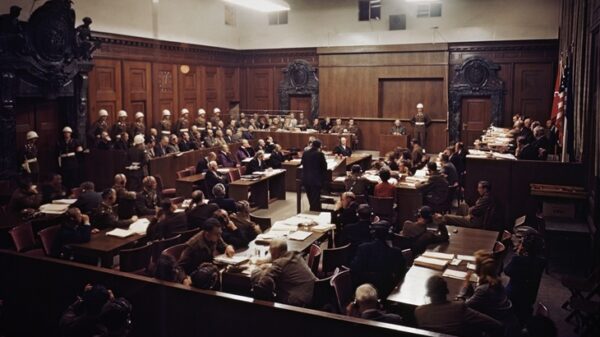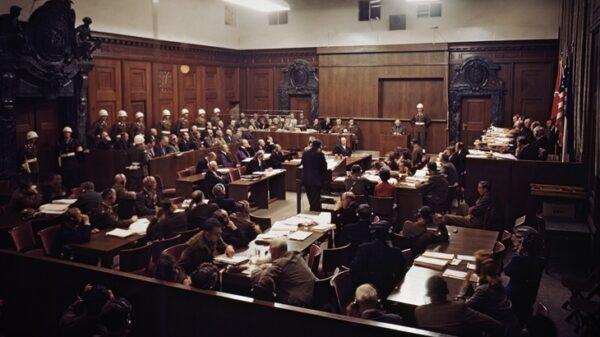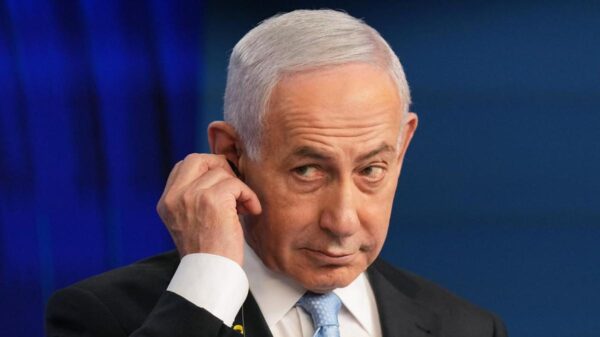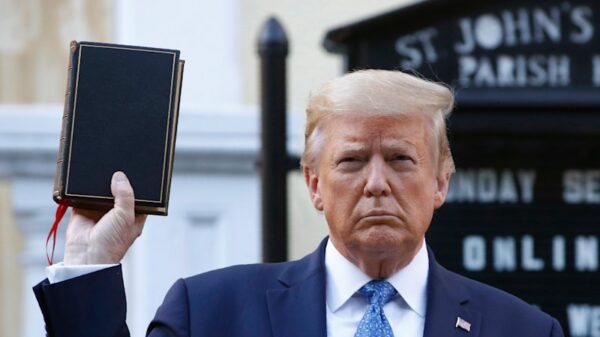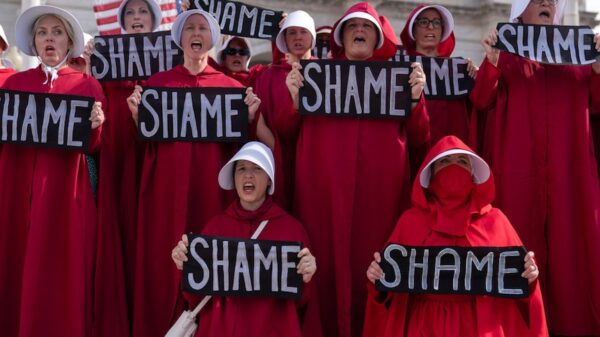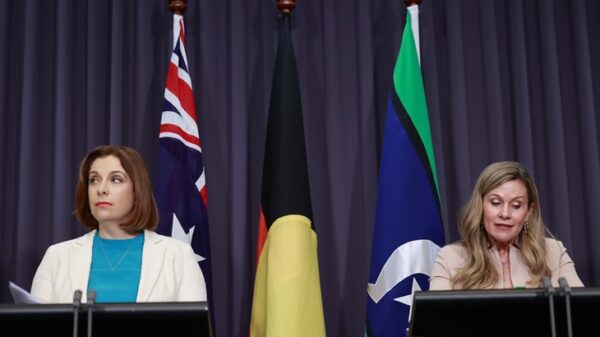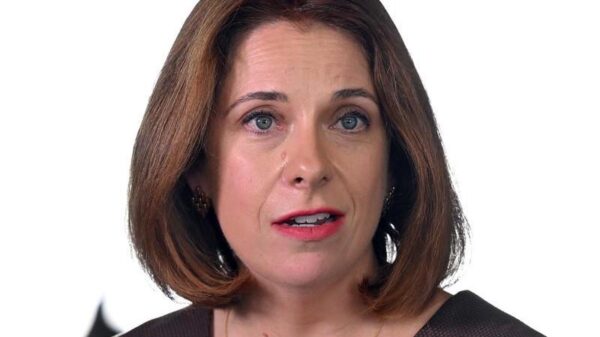UPDATE: In a shocking revelation, Prince Andrew has been officially banned from attending the Royal Family’s Christmas gathering at Sandringham this year. This decision comes as the fallout from ongoing abuse allegations and a new memoir by Virginia Giuffre, which is set to be released posthumously.
The announcement, backed by King Charles, emphasizes Andrew’s intention to step back from his royal titles to avoid overshadowing the “real work” of the Royal Family. Critics, however, are calling this a mere PR move, questioning the sincerity behind his decision.
Virginia Giuffre’s memoir, “Nobody’s Girl,” details her traumatic experiences as a victim of Jeffrey Epstein, including accusations against Andrew himself. Giuffre tragically died by suicide earlier this year, leaving behind a legacy that challenges the powerful elite. She accused Andrew of believing that sexual encounters with her were his “birthright,” having been trafficked to him at the age of 17.
The scandal deepened as new claims surfaced that Andrew allegedly solicited his taxpayer-funded Metropolitan Police bodyguard to gather personal information on Giuffre, including her social security number. The Metropolitan Police have confirmed they are “actively looking into” these allegations.
In recent years, media tactics have emerged to discredit Giuffre, including online bullying and mental health victim-blaming. These actions reflect a troubling trend of powerful individuals manipulating narratives to protect their reputations at the expense of abuse survivors. The Royal Family’s muted response and the ongoing media campaign raise significant concerns about accountability and justice for victims in high-profile cases.
Reports indicate that Prince William is advocating for Andrew’s further exclusion from royal events, suggesting a potential shift in royal dynamics. However, critics argue that Andrew has not sacrificed anything significant. He continues to reside in the lavish Royal Lodge, a 30-room mansion on the Windsor estate, and maintains his status as a prince.
The Royal Family’s approach to these serious allegations—characterized by silence and calculated statements—has sparked outrage. Many advocate for a more proactive stance that prioritizes victim advocacy over royal image preservation. The motto “Never complain, never explain” is increasingly seen as inadequate in the face of such grave issues.
Giuffre’s memoir promises to shed light on the dark realities of abuse, detailing her coerced experiences and how she was treated as property. Her tragic death should have prompted a national reckoning, yet it has largely been met with silence from those in power.
The public is encouraged to focus on the real issues at stake: the dignity of victims and the accountability of those who have abused their power. As the royal soap opera unfolds, the urgency for justice becomes ever more pronounced. The Royal Family now faces a critical choice: continue to uphold a façade or confront the uncomfortable truths that have emerged. The silence must end, and the victims deserve more than just a staged narrative—they deserve justice.
As the situation develops, the world watches closely. The call for transparency and accountability grows louder, and the impact of these revelations will resonate far beyond the walls of the palace.


